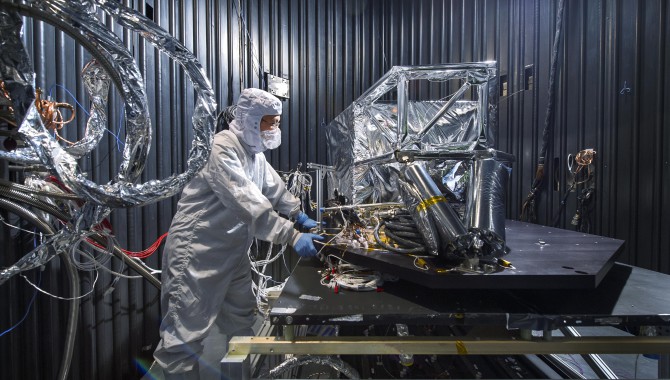
On May 13, 2003, I reported to work at Goddard Space Flight Center as the center’s “knowledge management architect.” Looking back after ten years there, I will try to summarize why knowledge management was successfully adopted at Goddard.

On May 13, 2003, I reported to work at Goddard Space Flight Center as the center’s “knowledge management architect.” Looking back after ten years there, I will try to summarize why knowledge management was successfully adopted at Goddard.
By Ed Rogers Ed Rogers, chief knowledge officer for the Goddard Space Flight Center, recently sat down with two center directors—Rob Strain of Goddard and Lesa Roe of Langley Research Center.
By Richard Day and Ed Rogers “The Board concludes that NASA’s current organization does not provide effective checks and balances, does not have an independent safety program, and has not demonstrated the characteristics of a learning organization.” — Columbia Accident Investigation Board Report (2003)1